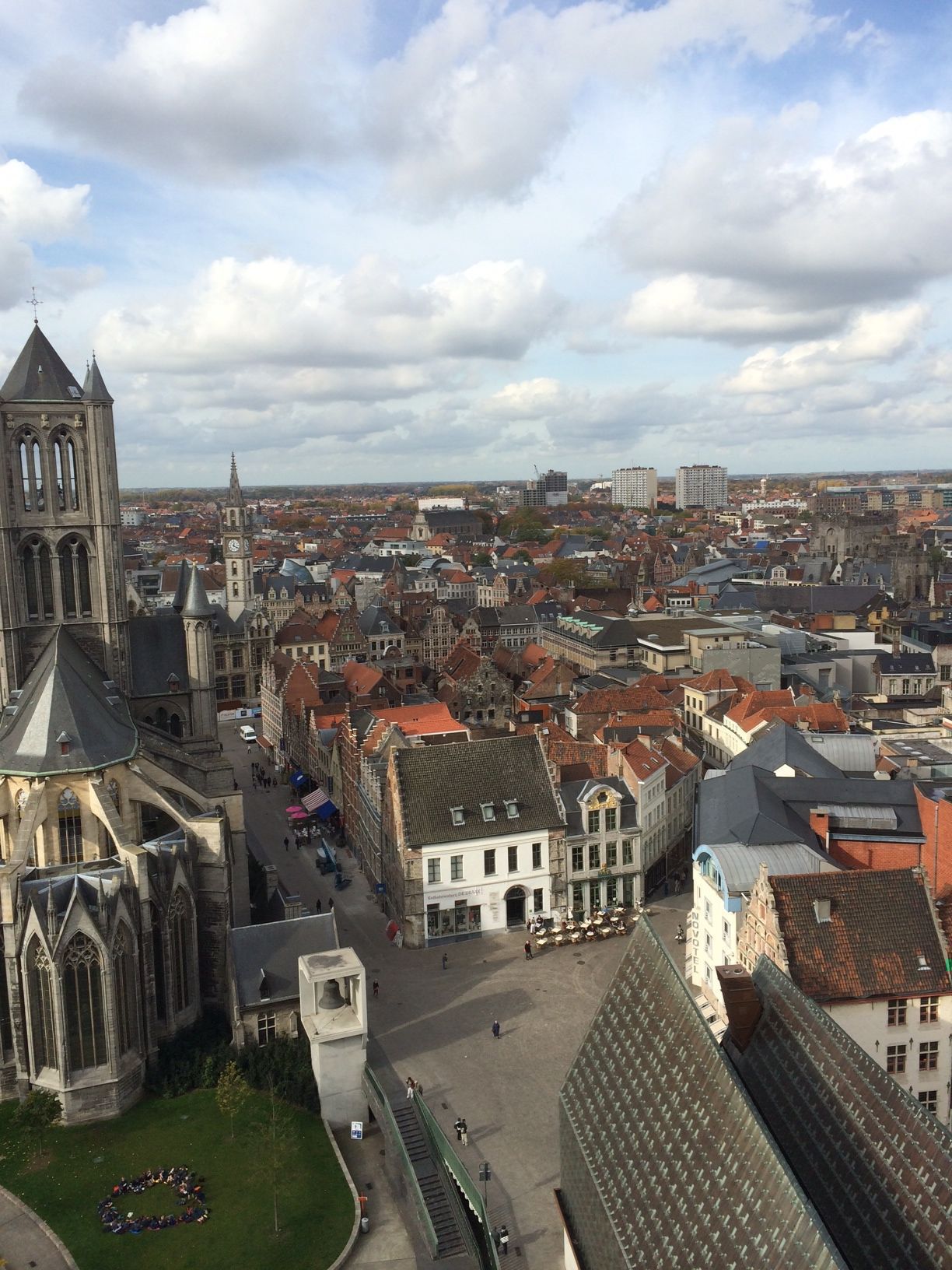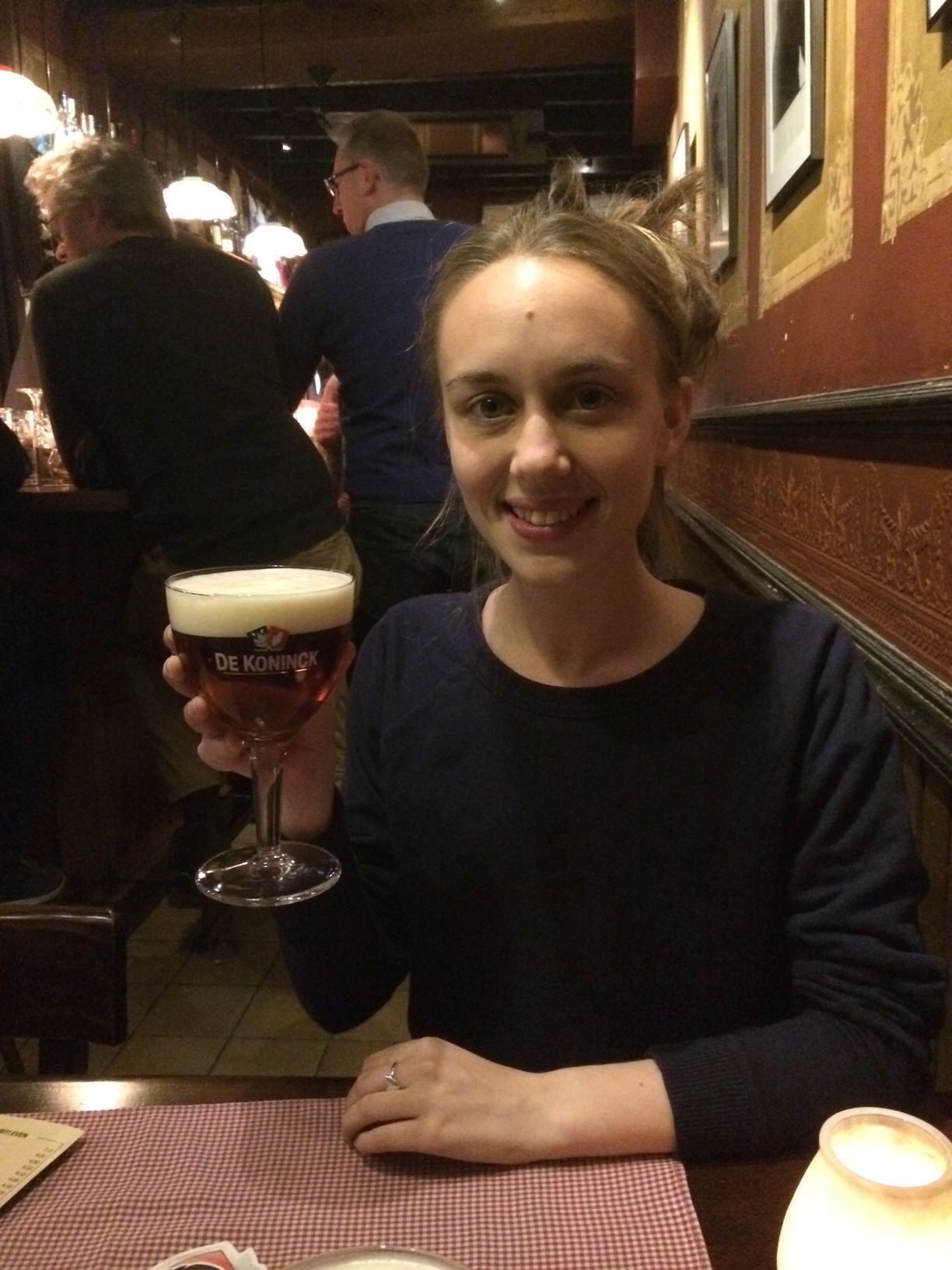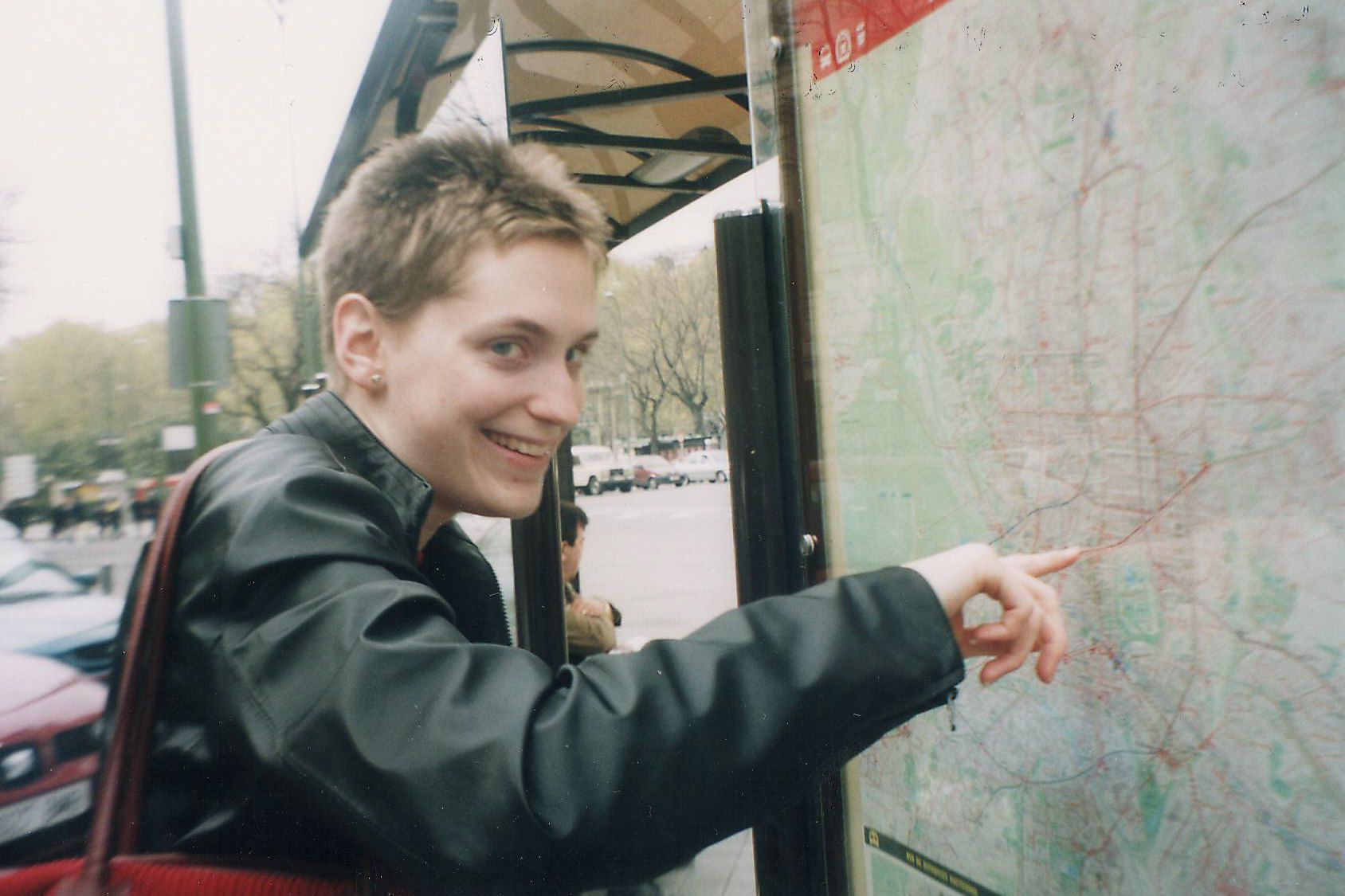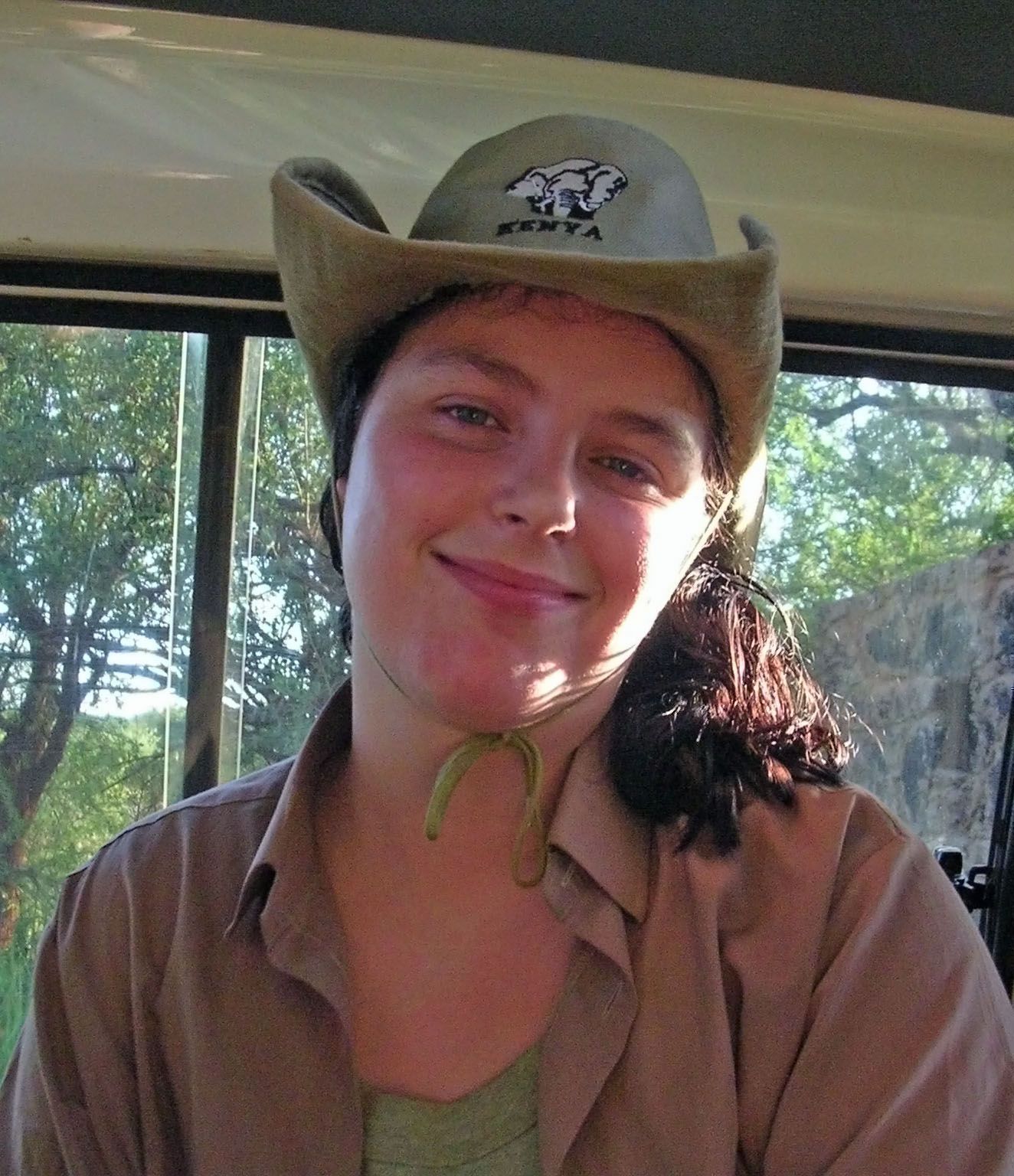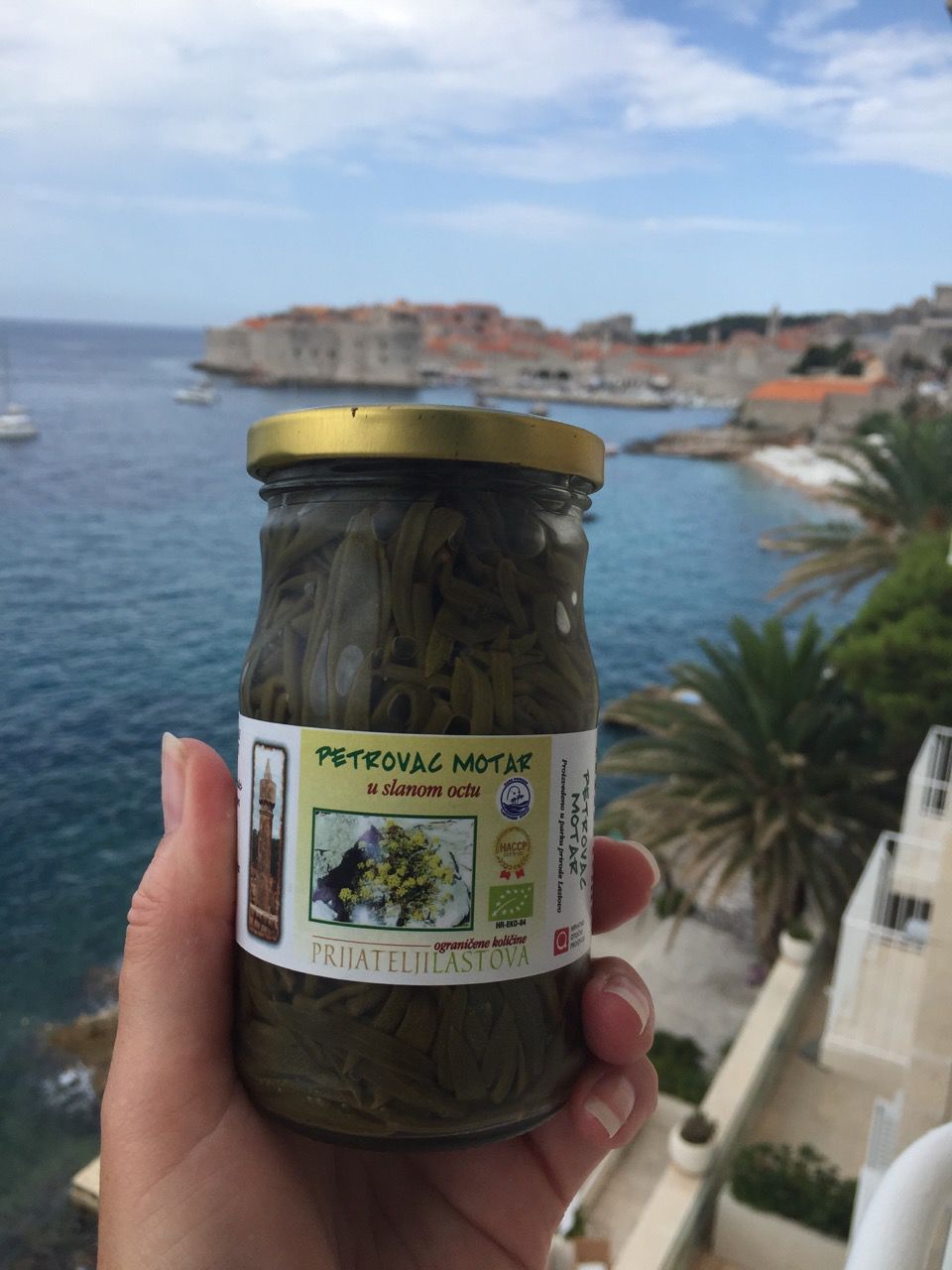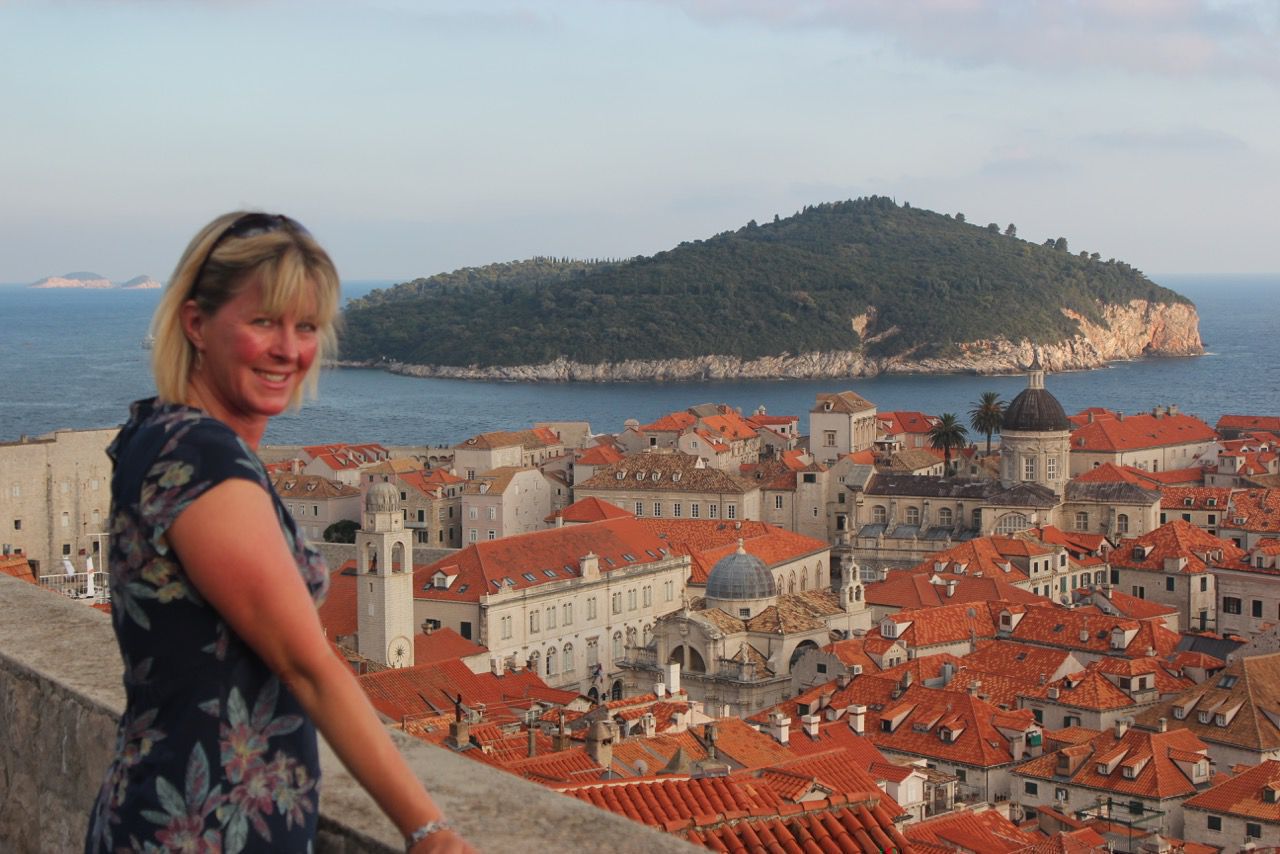Help to choose your loo – and you won’t need to spend a penny
We’ve all had that moment, haven’t we? That moment when you’re in another country, you don’t speak the language, and suddenly realise you don’t know which loo is the men’s and which is the women’s. Do you guess, and risk getting it wrong? Or do you just cross your legs and convince yourself you didn’t really need to go anyway?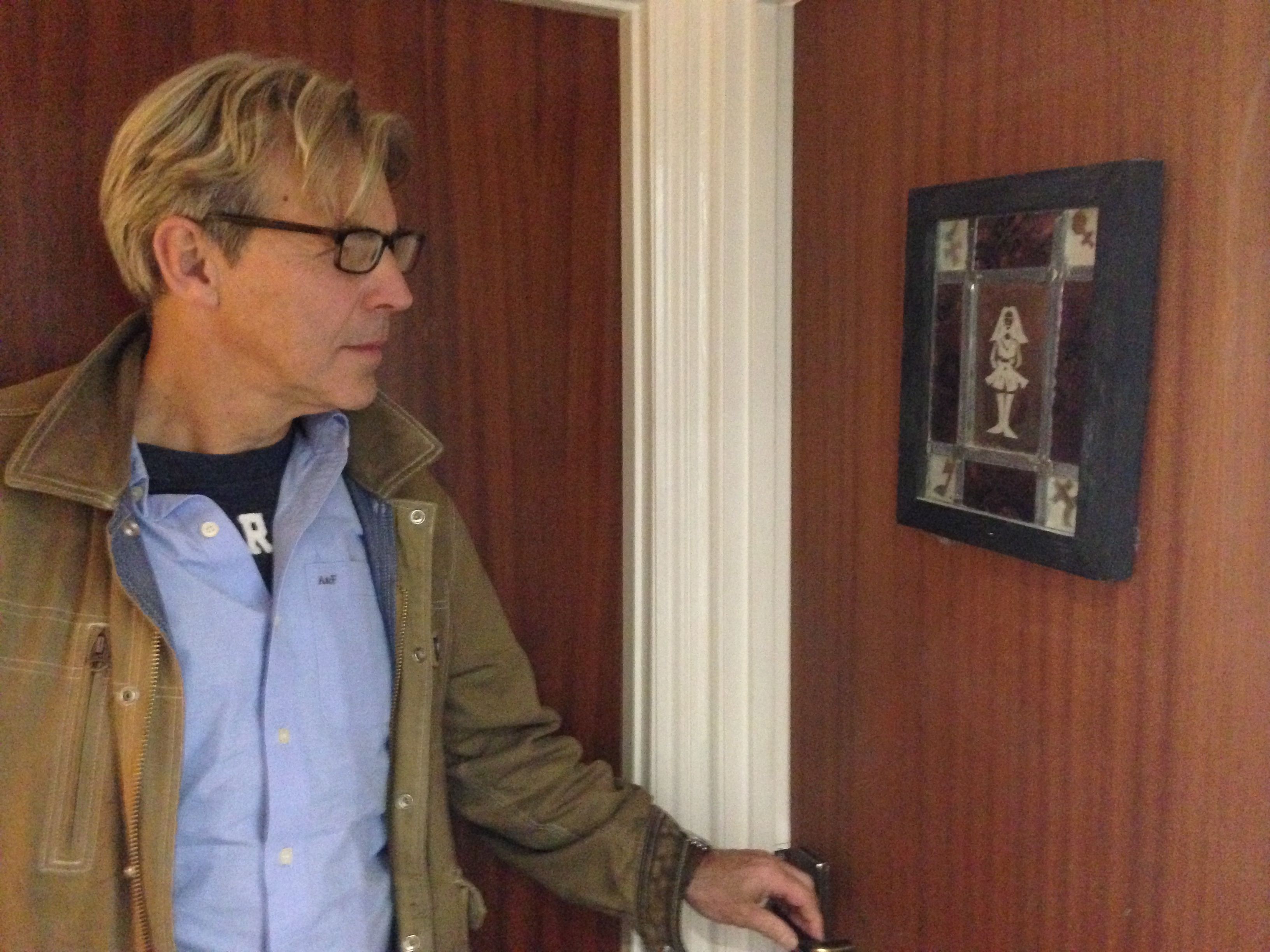
This happened to me several years ago, and it’s still one of my favourite stories (I’ve got a story for every occasion, as anyone at EuroTalk will tell you) – but it came to be the inspiration for a tool that’s helped millions of people learn a language over the past 20 years.
In the pioneer days of EuroTalk I was travelling to Budapest with my business partner Andrew for a meeting. Our plane landed 40 minutes early, so we had nothing to do but sit in the deserted airport and wait for someone to come and get us. During this wait, I went off to use the facilities, but realised when I got there that I had no idea from looking at the Hungarian signs which toilet was for men and which one was for women. After 20 minutes of waiting with crossed legs, I finally resorted to tossing a coin to decide which one I should use. Fortunately, it worked!
But the incident made me realise how important it is to help people make more informed decisions in other languages. That’s why we made toilet talk – or at least the information about how to ask correctly for male and female toilets – an essential part of our Talk Now product and we now give the words for male and female toilets away for free in 120+ languages through our uTalk app. So you’ll never get caught short, wherever you are.
Dick
Putting Flemish to good use in Ghent
For me, the big glacé cherry on top of the holiday cake is seizing the opportunity to say something in the local language. There is nothing – nothing! – more dispiriting than shying away from an opportunity to test your language skills, forcing someone else to speak your language instead.
When I went to Ghent this month, I was determined to speak as much Flemish as I could. Not that you really need to speak Flemish in Ghent: every single person I met seemed not only to be comfortable with the official languages of French, Dutch and German, but also able to flip between English and Spanish too. But most people started the conversation in Flemish, giving the perfect opportunity to respond in kind.
I downloaded uTalk Flemish a few weeks in advance and planned to work through a little bit every day. Of course, this turned out to be a bit over-ambitious, but by the time I got to the Eurostar I was fairly sure I had the basics under control. Even if I wasn’t planning to have long conversations in the language, I felt much more confident about exploring the city than if I hadn’t known any Flemish, mostly because I felt I was showing some respect to the local language and culture, rather than ignoring it and charging into conversations in my native English.
Of course, there were some down-points: at the very first bar I entered, the waitress’s torrent of Flemish was so incomprehensible to me that I utterly forgot every Flemish word and experienced total linguistic paralysis, unable to form a reply in any language. My brother stepped in with rusty French, which got the desired result (a very cold glass of Belgium’s delicious Jupiler beer), but made me feel something of a failure.
Still, it could only get better, and as we wandered around the city in the afternoon, dipping into chocolate shops and sampling the famous rode neuzen sweets (gummy red cones sold at every street corner), I had plenty of chances to eavesdrop on Flemish conversations. Having run through a lot of vocabulary in the app but not necessarily having spent enough time to fully memorise it all, I now had the pleasant experience of picking out words I had skimmed across, and recognising them from the back of my memory. With Flemish being somewhat similar to English, there was also the thrill of occasionally recognising a word I hadn’t learnt, but could easily guess – just look at how similar some words are between the two languages:
one, two, three : één, twee, drie
Thank you : Dank u
milk : de melk
Excuse me : Excuseer
cup of coffee : de kop koffie
There’s no question that I’ll be going back to Ghent; unlike its chocolate-box neighbour Bruges, it has the feel of a real, working town with lots of interesting things to see, and I loved everything about it, including the wonderfully friendly people. AND I felt fantastic at having managed to get us a table and order three different beers of different sizes – all in Flemish! Here was the happy result:
Nat
We want to hear your language success stories! If you’ve got a tale to share, please email ioana@eurotalk.com.
You never know until you try…
More years ago than I care to remember, I did a degree in Hispanic Studies at the University of Nottingham. I loved the course, but there was one part of it that filled me with terror from the very first day.
The Year Abroad.
This is a pretty standard element of a modern languages degree – you spend your third year living abroad, either working or studying, and that’s when you really learn the language.
I had the choice of going to Spain or Latin America, and being the cautious soul I am, opted to stay close to home (a decision I still occasionally regret). So in September 2002, my friend and I nervously boarded a plane for Madrid.
The first challenge when we arrived was to find somewhere to live; we’d booked a room in a hostel for the first few days, but after that we were on our own. And so we got on the phones.
Now just to be clear, I’ve never been a massive fan of talking on the phone in English; the thought of calling people in another language was genuinely terrifying. But given a choice between that and being homeless, I had to pull myself together and get on with it.
Initially, my friend and I were looking for accommodation together, but when it became clear we weren’t going to find anything, we split up. So suddenly there I was, in a strange city, going off to view apartments on my own, in another language.
Eventually I found a slightly shabby room in a shared flat… only for my friend to announce the following day that her new landlady knew someone with a much nicer room – which was also cheaper. Feeling slightly anxious, I went to talk to my own landladies (two elderly sisters who lived in the flat downstairs) and successfully negotiated the return of my deposit and first month’s rent. In Spanish.
Once the living arrangements were settled, the next challenge was going to university. We’d been enrolled at the Universidad Autónoma de Madrid, and had to pass exams in a certain number of modules to pass the year and continue to the final year of our course. So before I knew it, I was taking classes entirely in Spanish for the first time in my life – and then, a few months later, preparing for two-hour exams, all of which, to my surprise, I passed.
Looking back on my year abroad now, I sometimes can’t quite believe I really did some of these things. I even managed to get my hair cut once, although it didn’t go all that well – let’s face it, I have enough trouble describing what I want done to my hair here in London. And I spent the year living with a very lovely lady who didn’t speak a word of English. (It was always very entertaining when my family – who don’t speak any Spanish – came to visit.)
Learning a language can open up some amazing opportunities, and sometimes you just have to take a chance, however nervewracking the situation. You never know, you might surprise yourself with the things you can achieve. And even if it goes a bit wrong, a bad haircut will grow out eventually.
Liz
How do you say ‘I have lost my rabbit’ in German?
Blogger Erika Holt is a big fan of languages and learning. In today’s blog post, she tells us why, and explains how knowing a little Greek helped her out in a sticky situation…
What made you start learning languages?
I have always found myself interested in languages. I have a huge passion for reading and writing, I think that it stems from that, coupled with my hunger for learning new things. I am slightly obsessed with learning, I always have my nose in a book or am completing an online course in one thing or another. I just feel like there is so much to know.
What gives you motivation to continue learning?
I just find it really enjoyable. Years ago I would learn a language (as much as was possible), before visiting a country for a holiday, now it is more to give me the chance to explore more of the internet and books. I also thoroughly enjoy the way various languages are connected, how one has influenced another and so on.
What do you find to be most rewarding about language learning?
It is definitely the moment when you absent mindedly come across the language and read/speak it without thinking, then realise what you have done. It gives you access to so much more of the world and enables you to meet new people.
What were some of the challenges you faced and how did you overcome them?
My challenges stem from how my illnesses can affect my concentration, understanding and memory. I find that having a mobile app really helps, it enables me to learn whenever I want to, rather than having to sit at a computer. Apps also allow for a repetitive learning process, this lets me really cram that knowledge into my brain, over and over, this helps me to retain it better.
The apps are also good for days when I am bedridden; it can get so boring being stuck in bed, but having the chance to feel like I am still being productive makes a huge difference to me.
What is your favourite word/expression in your favourite language?
It is ‘Douitashimashite’ and it simply means ‘you’re welcome’ in Japanese. I love the word, it is beautiful and rolls off of the tongue once you have learnt it. The Japanese people are very polite, something I love, having been brought up in such a way that manners are extremely important.
I have to admit I also, for some reason, have a bizarre one lodged in my brain – ‘Was ist loss? Meine kaninchen ist weggalaufen.’ This translates to ‘What is wrong? I have lost my rabbit.’ Yep, this is one sentence I can not forget and I love saying it, I just need to talk to more German people!
Any funny situations when you used Greek with a native speaker?
There was this one time when I visited Greece, the island of Kefalonia, which is a beautiful place. I had learnt as much Greek as I humanly could before going on holiday, I was able to have a basic conversation and order food, drinks and so on. It was a lovely experience and the Greeks really appreciated the effort I had made.
One morning I was walking along the stunning beach, which was practically deserted. All of a sudden, as the sun was warming and the sea lapping at the shore, I could hear this woman’s voice. At first I thought she was calling my name, as I moved closer I didn’t recognise her or the gentleman with her. I realised she was shouting ‘Ella, ella’ which I believe means ‘come here’. I went over and neither of the elderly people spoke a word of English – why would they, being Greeks, living in Greece? So I had to use the minimal vocabulary and some questionable sign language to establish what was wrong.
Now I should set the scene a little: the gentleman was as thin as a bean stalk, wearing trousers and a shirt with braces, he even had a hat on. The lady was his polar opposite, rather large and wearing just a swimming costume, she had this wild black curly hair that made her seem very odd to me and was obviously shouting at me in Greek. It was a strange situation, what was worse was that both her and the old man were standing in the sea up to their knees.
The lady was getting more and more agitated that I didn’t understand her, it was early morning so I couldn’t go for help either. Eventually, I worked out that both her and her husband were stuck, their feet had sunk into the sand and they couldn’t move. I gathered that it was in fact the lady who had found herself in this situation and her lovely husband, who had been watching her swim from the beach, had ventured in to help and ended up being stuck himself, bless him.
So there I am, 5’3″, a little thing at the time, and I am trying to pull out this couple from the sea. Of course I ended up in the drink myself, but managed to free the lovely pair after some rather awkward pushing and pulling. I was proud of my good deed, but to my surprise the old couple turned and waddled off down the beach without a word, the old man being berated by his wife, leaving me drenched.
Read more from Erika on her blog, Eclectic Enchantments. You can also follow her on Twitter: @LacunaRaven
Do you have a language story to share? We’d love to hear from you! Email ioana@eurotalk.com for more details.
How learning a language earned me a free jar of seaweed
Hello, goodbye, yes, no, please, thank you – and ‘can I have a glass of wine, please?’
You may well wonder what connects the words and phrase above. It’s quite simple: for me, these are the bare essentials of foreign language knowledge when visiting another country. You may of course prefer beer or water, but you get the point!
How learning a language earned me a free jar of ‘seaweed’
Earlier this year, my husband and I had booked ourselves a short break to Dubrovnik in the summer, while our teenage children were both camping with Scouts.
My first attempt at speaking Croatian was a little too successful: having asked for a table for two (stol za dvoje, molim vas) in a restaurant in town, I was treated to a torrent of Croatian, but at least it was clear that we were merely being offered a choice of tables! Phew. Simply having a go, showing an interest in the people and their culture is so rewarding, as the assorted conversations we had during our short week demonstrated – albeit in English, after I’d attempted what I could in Croatian. A Brit attempting Croatian was a novelty and people were keen to chat as a result.
I was even complimented on my pronunciation – quite an achievement in such a short space of time, I felt!
Beyond the conversations and a few complimentary drinks, tangible evidence of the value of having a go came in the form of this jar of a pickled local seaside plant called motar (it isn’t seaweed, it just looks a bit like it when served up), courtesy of a restaurant kitchen during a lovely meal. Such a thoughtful and novel gift.
Why Croatian?
With a background in languages, and the amazing experience both my children have had on the EuroTalk Junior Language Challenge in the past, there was no way I could resist the opportunity to add to my linguistic arsenal at the beginning of the year, when EuroTalk decided to offer adults the chance to have a go at learning a language of their choice using the uTalk app.
So I chose Croatian. Why? I have never tried learning a Slavic language before, so thought it would be more of a challenge – and had long fancied visiting the country, in which case, it would prove handy.
Too many consonants!
Challenges work for me, but I did wonder whether I’d overestimated my ability on opening the app for the first time! It was immediately apparent that I was going to have to learn each word from scratch, no chance of using my favourite Romance languages to help me out this time! My tongue struggled to get round the string of consonants or seemingly odd letter combinations, such as ‘puno vam hvala’ (thank you very much), and I found the only way I could commit the words for ‘airport’ to memory (‘zračna luka’) was to declaim them in the style of John Cleese in the film A Fish Called Wanda…
Determination and encouraging messages from EuroTalk kept me going until the end of the month, when I was very pleased with my final score. Mind you, as I struggled to remember the order of the pictures on the memory games, I had plenty of extra practice at earning those last few points!
Which foreign language should an English speaker learn?
As a native English speaker, I can empathise with the difficulties we face when travelling abroad if we want to make an effort to speak another language. Many other countries teach English at school, it’s one of the obvious choices (leaving aside the multi-lingual communities of several of the world’s countries), but which should we learn? There are so many. Once we are abroad, those we meet may be keen to practise their English or are so used to using it with all foreigners, that it can often require some dedication to try out the language of the country you find yourself in.
However, persistence and the willingness to have a go does pay off. I have never forgotten a business trip to Warsaw when my extremely limited Polish was quite possibly a factor in my colleague unexpectedly booking me on to an open-top bus tour of his ‘beautiful city’ – a fabulous extra to my short visit.
So if you’re debating whether to stand out from the crowds on your next holiday to a country where the native language is not your own, my advice is have a go. Now where shall I go next year?
Jacqueline Bell
